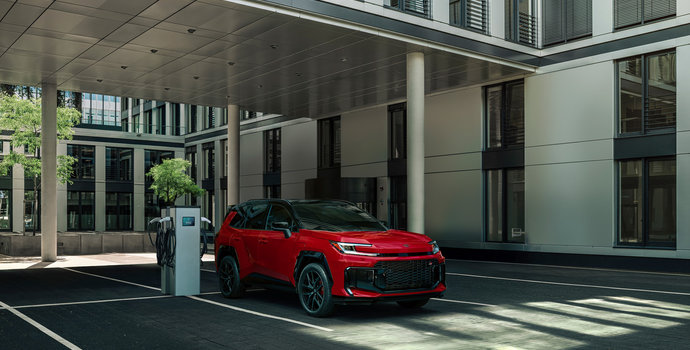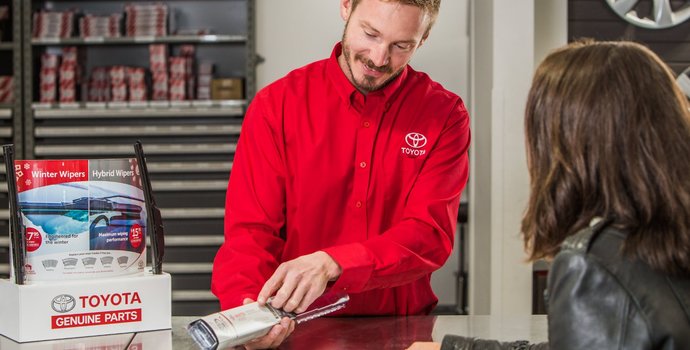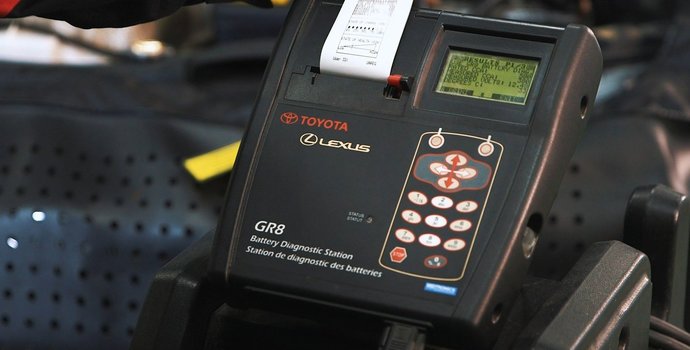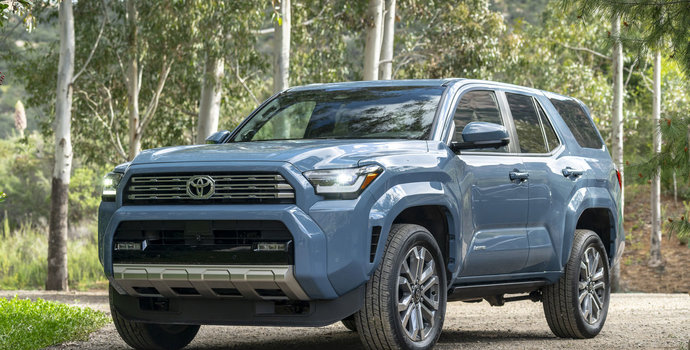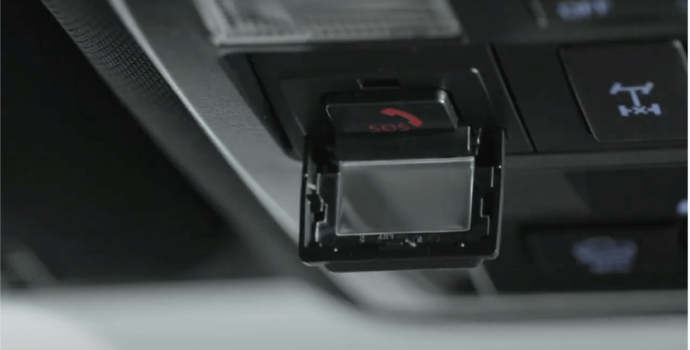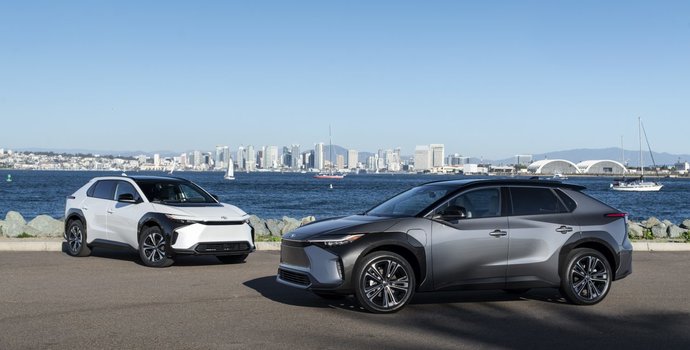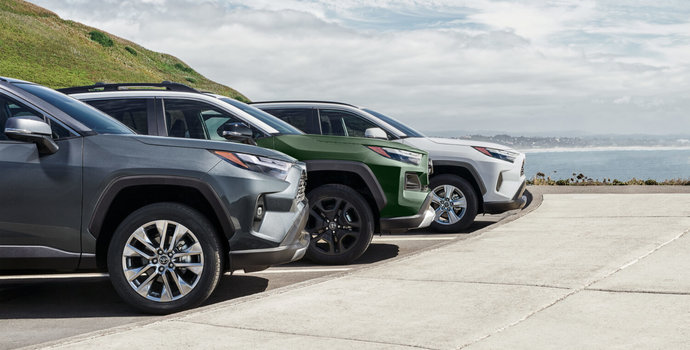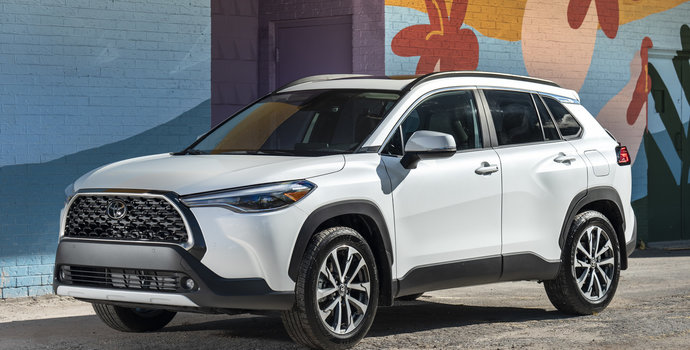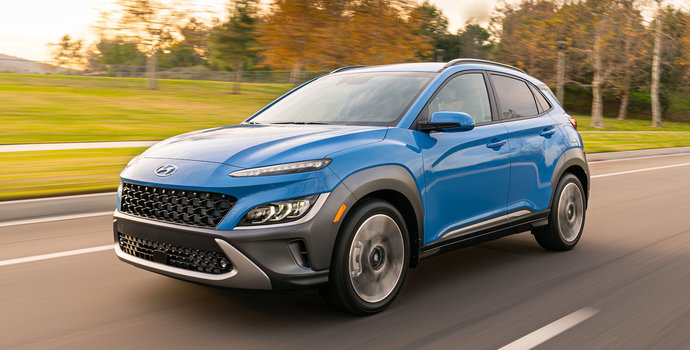10 Most Significant Changes Between the 2026 Toyota RAV4 and the 2025 Model
The Toyota RAV4 has been the top-selling non-truck vehicle in the country for years, and for good reason. With a balance of dependability, practicality, and increasingly electrified powertrains, it has carved out a reputation few vehicles can rival. But after several years with the same platform and powertrain lineup, the RAV4 was due for more than just incremental tweaks. Enter the 2026 Toyota...


